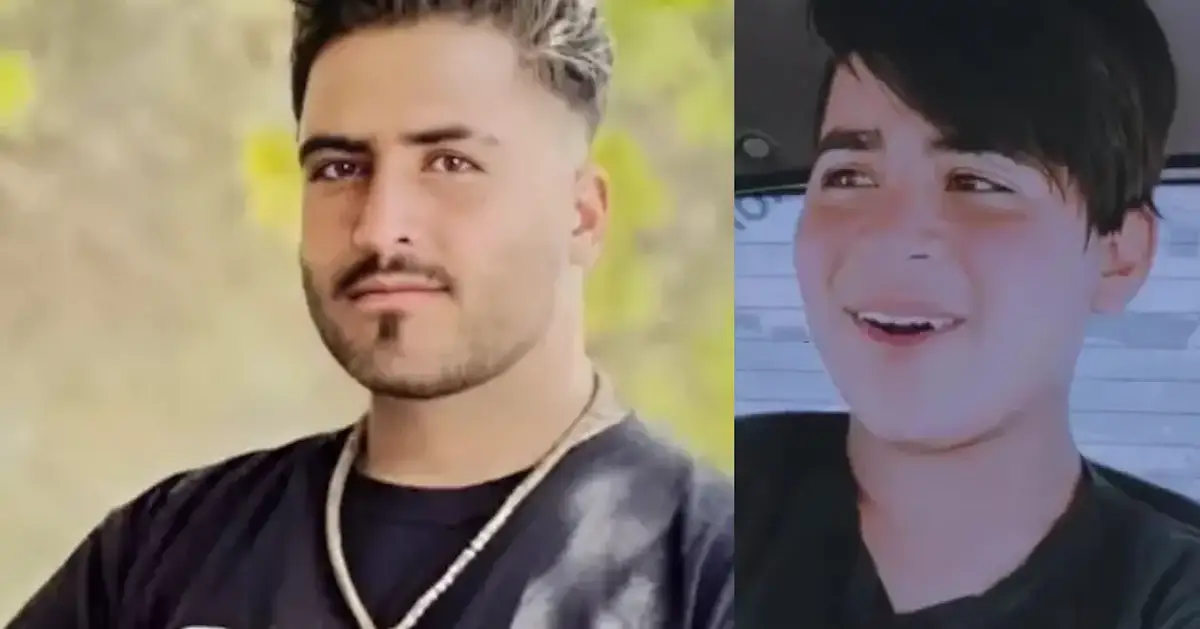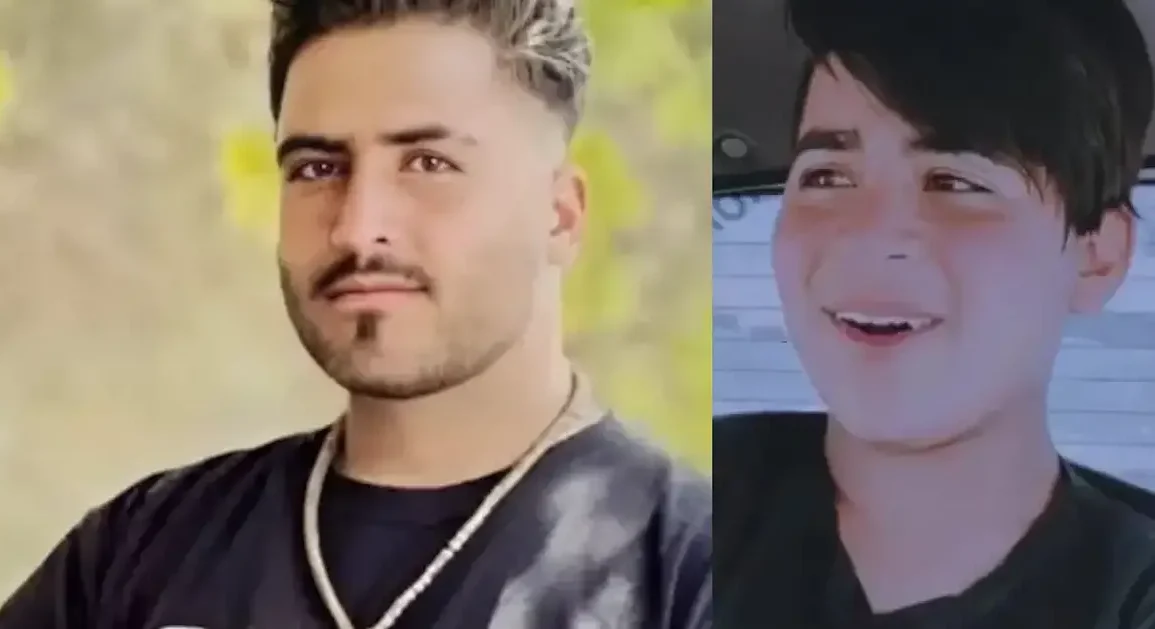
Reacting to reports of the execution of a young man and a young protester, the European Union has called on Iran to refrain from any future executions.
Peter Stano, lead spokesperson for foreign affairs and security policy of the European Union, stated on Friday, “There are credible reports that a minor, Hamidreza Azari, and a protester, Milad Zohrevand, were executed in Iran on November 24 and 23 respectively,” emphasizing the European Union’s “firm and principled opposition to the use of capital punishment at all times and in all circumstances.” Iran has hanged nearly 700 people this year alone.
Stano also underlined that as a party to the International Covenant on Civil and Political Rights and the Conventions on the Rights of the Child, the Islamic Republic is prohibited from imposing the death penalty for crimes committed under the age of 18.
Hamid Azari was hanged on Friday morning at the Central Prison of Sabzevar in the northwestern province of Khorasan-e Razavi for complicity in stabbing Hamidreza Aldaghi to death in a street fight in April.
Human Rights (IHR NGO), a Norway-based Iran Human Rights Organization, claims to have reliable evidence that Azari was only sixteen years and eight months old at the time and seventeen years and three months when he was hanged.
According to IHR NGO, the Islamic Republic has hanged at least 68 other child offenders since 2010.
Iranian authorities called the victim a “martyr” and claimed he was killed while carrying out his religious duty of calling on citizens to follow the Sharia and refrain from forbidden bahvior.
The victim’s family, however, asserts that he got involved in the incident that led to his killing to protect a young girl being assaulted by the young boys, including Azari. They have denied any religious motivation or his association with the Basij militia or hardliner religious groups, as claimed by the authorities.
Stano’s statement also mentions Milad Zohrevand, a construction worker who was arrested during last year’s protests in Malayer in the western province of Hamedan and was hanged on November 23 on charges of killing Ali Nazari, a Revolutionary Guard.
Miladvand’s family and friends say he was only in the vicinity of the place Nazari was shot to death. Authorities have not offered any solid evidence of Miladvand’s involvement in the killing.
The young man who was tried and sentenced to death behind closed doors was never given access to a lawyer and his family were pressured by the authorities not to talk to the media about his case. He was hanged without having a chance to meet his family for a last time before his execution.
IHR NGO said on December 1 that the Islamic Republic has executed over 700 in 2023 including at least 176 since October 7 when the war in Gaza started.
IHR NGO urged the international community and especially European countries to “break their silence on the arbitrary execution of more than three people per day by the Islamic Republic.”
“The critical human rights situation in Iran, and the death penalty in particular, must not be compromised for political and regional considerations. The international community’s silence on executions is considered a green light by the Islamic Republic,” IHR NGO said.
Other prisoners, IHR NGO says, have often been hanged in groups of several in various prisons for political crimes, drug offences and murder.
On November 29, for instance, a group of seven prisoners were executed in Ghezelhesar Prison near Karaj. These included Ayub Karimi who was sentenced to death for moharebeh (enmity against God) and efsad-fil-arz (corruption on earth) charges. Two others were sentenced to death for drug-related charges while the remaining four had been sentenced to qisas (retribution-in-kind) for murder.
This post was originally published on this site be sure to check out more of their content.







